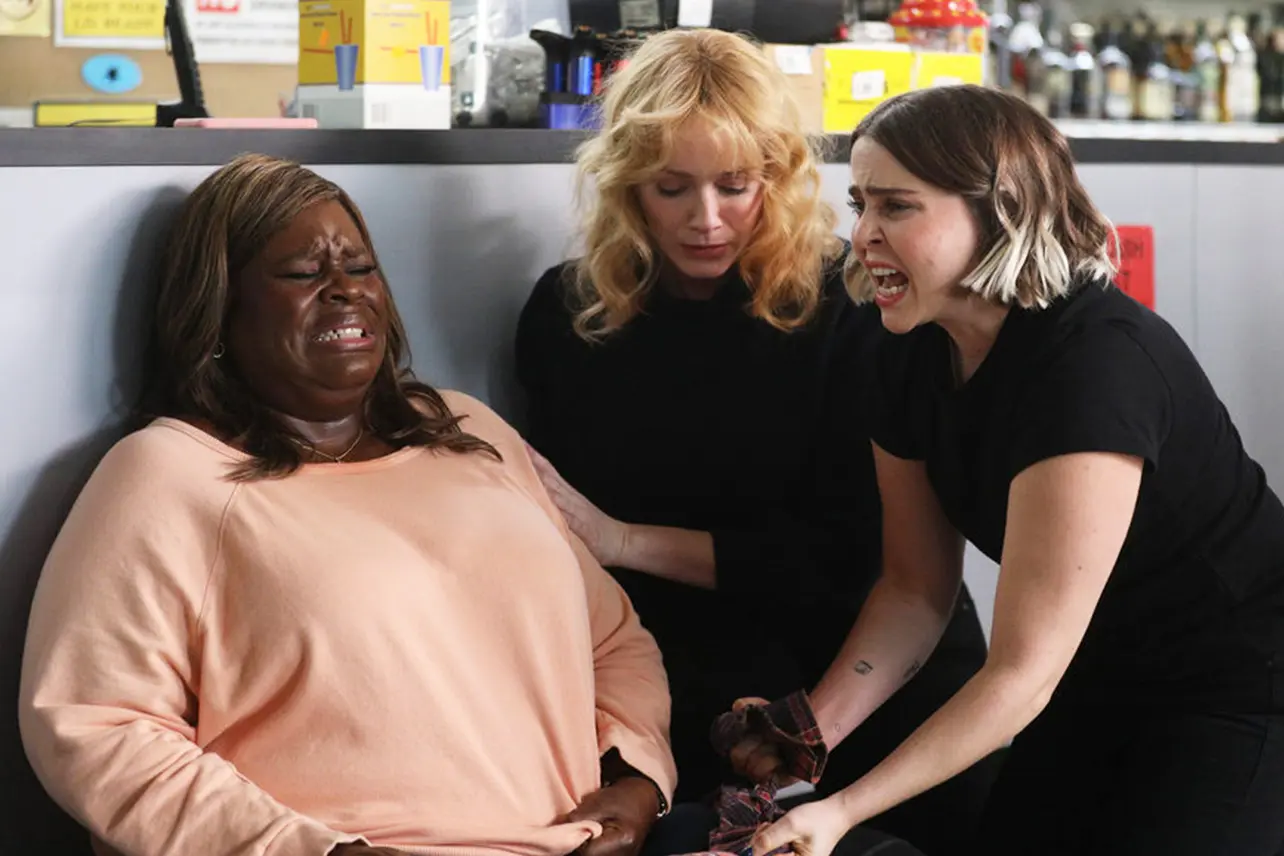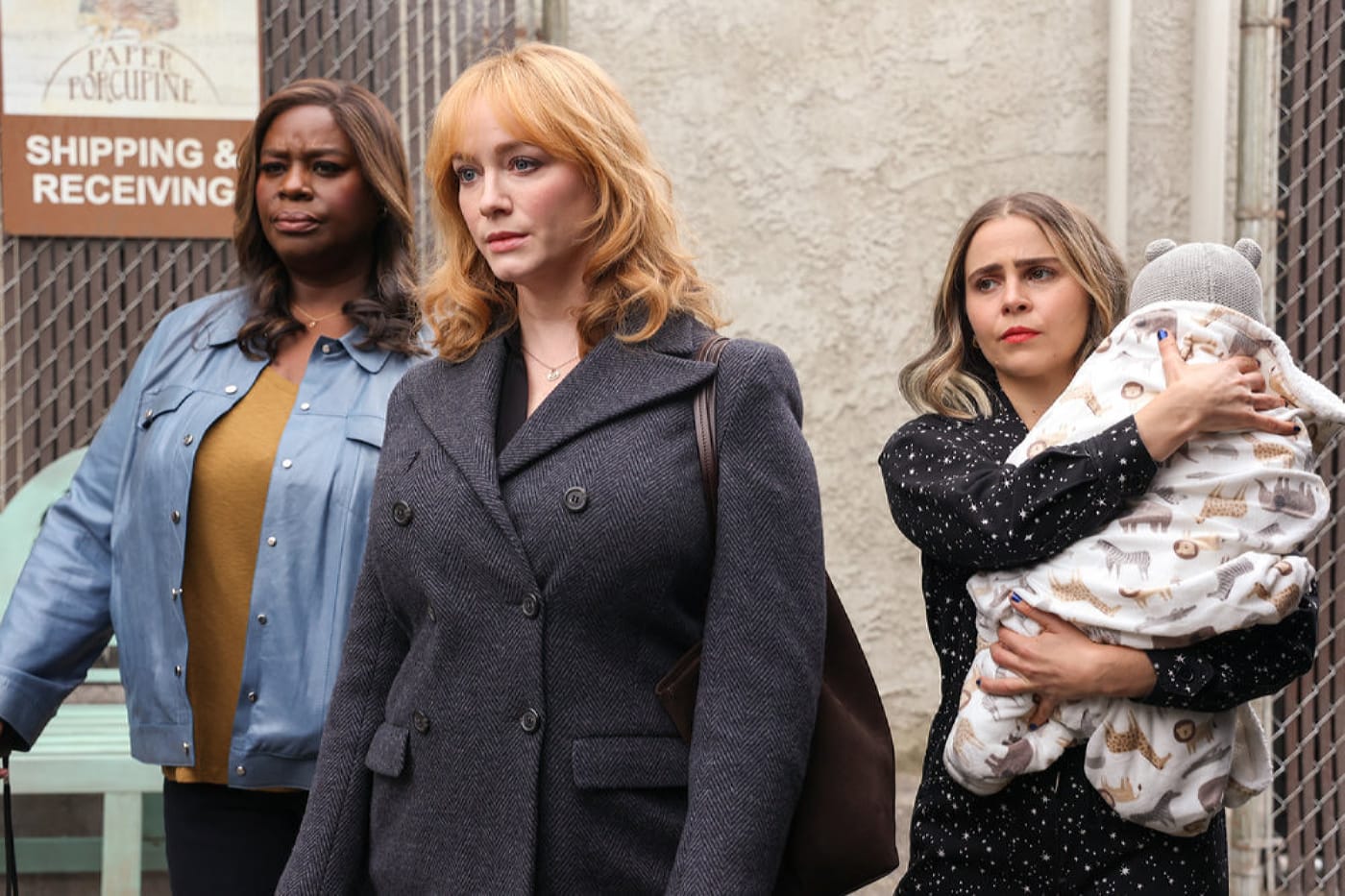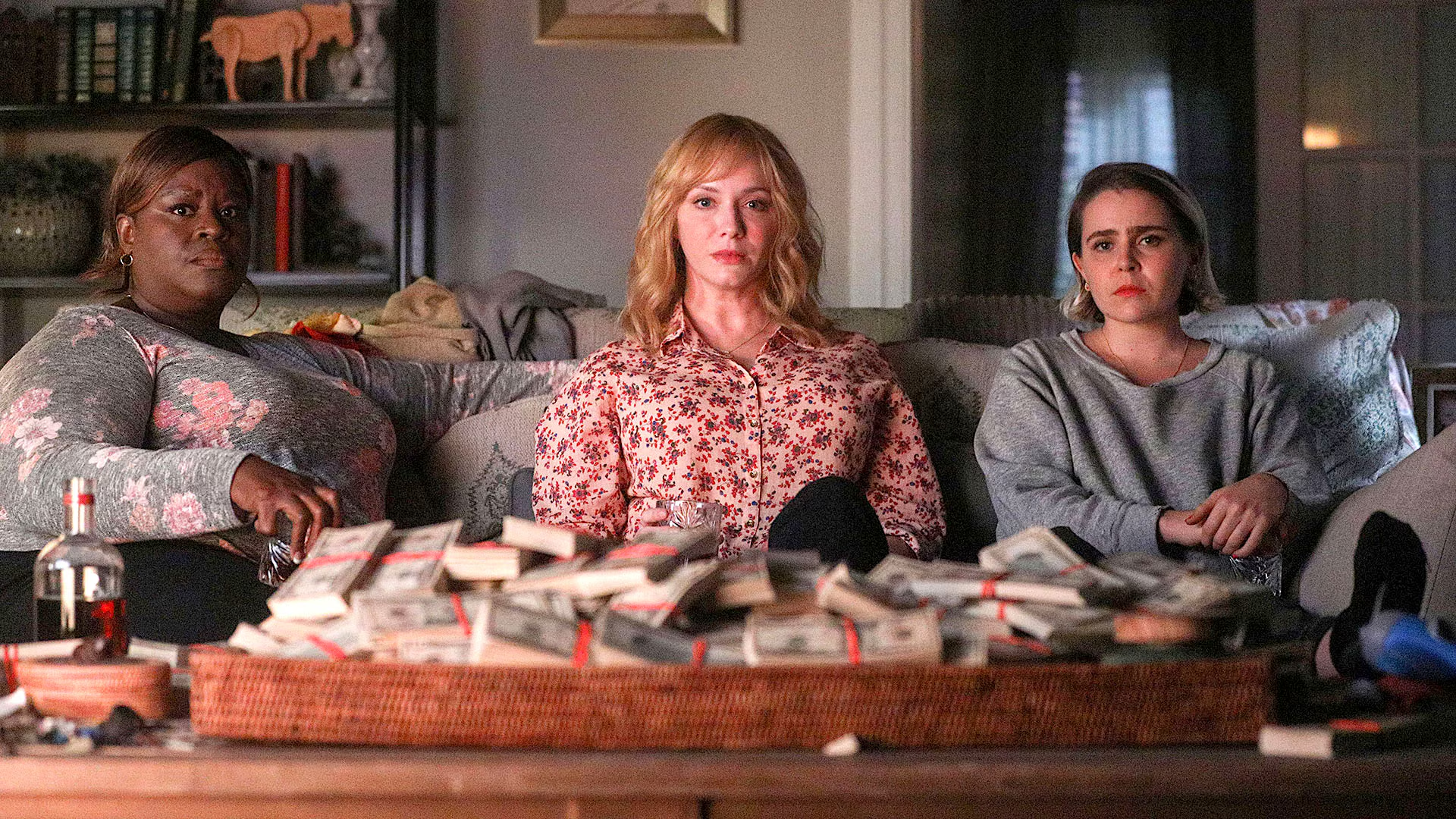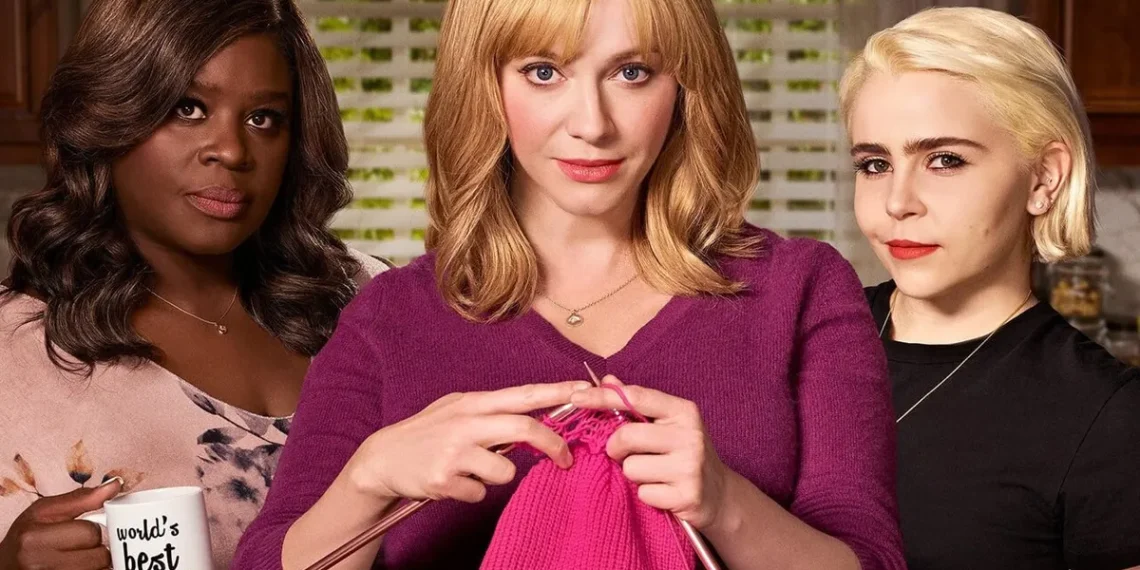The final episode of Good Girls Season 4, titled “Nevada,” serves as the unexpected series finale after the show’s cancellation. Although the episode leaves room for potential future storylines, it also provides a degree of clarity and closure for the three main characters—Beth Boland (Christina Hendricks), Ruby Hill (Retta), and Annie Marks (Mae Whitman). Their arcs come to an emotional, if open-ended, conclusion.
Good Girls Ending Explained
The episode begins with Beth winning a city council election, quickly using her new political power to expose incriminating evidence about Rio’s (Manny Montana) cousin, Nick (Ignacio Serricchio), and his involvement in criminal activities. However, despite these victories, Beth’s life remains precarious. Even though she appears to have gained some control, the underlying issues of her criminal activities persist. These victories feel like temporary solutions, merely papering over deeper problems that continue to threaten her.

At the same time, Ruby’s husband Stan (Reno Wilson), and Beth’s husband Dean (Matthew Lillard) face their own set of issues, particularly their involvement with a dangerous pyramid scheme mastermind, Vance (Breckin Meyer). With their lives spiraling out of control, they look to Nevada as a potential escape. Hoping to start fresh, they dream of a life away from their entanglements. However, their hopes are dashed when Beth is shot by a hitman named Mick (Carlos Aviles), leading to a surprising turn in the episode’s final moments.
The Illusion of a Fresh Start in Nevada
Though Beth survives the assassination attempt, the story moves to Nevada, where the women attempt to begin their new lives. Ruby and Stan are working on a new business venture—opening a nail salon—while Annie is living with her family in an RV, trying to make a fresh start. Despite their outward appearances of happiness, cracks soon appear in their new lives. Sara’s kidney problems resurface, and Ruby finds herself unable to cover medical expenses. Meanwhile, Ben faces discrimination for being transgender, highlighting that moving away from Michigan hasn’t solved their underlying issues.
Beth’s personal transformation becomes evident when she encounters a would-be robber during a supermarket visit. She uses her criminal expertise to intimidate the amateur thief. When he threatens her life and asks if she wants to die, Beth responds with “Kinda,” signaling her realization that, despite the dangers, she has grown accustomed to—and perhaps even desires—her life of crime. This moment marks her acceptance of the chaos that has defined her existence.
Returning to Crime: The Failed Robbery
Determined to reconnect with the life she knows, Beth convinces Ruby and Annie to carry out a robbery at a local store. However, things go terribly wrong when an armed customer shoots Beth in the chest. As she fades in and out of consciousness, she realizes that her dream of a new life in Nevada is just an illusion, a brief fantasy that cannot be realized.

The next sequence reveals that Beth was not killed by Mick’s bullet but only injured in the shoulder. As the episode progresses, the investigation into Mick’s assassination attempt uncovers a twist. The gun used in the shooting was the same weapon used to kill Lucy (Charlyne Yi) in Season 3. This discovery leads to the assumption that Beth’s prints are on the gun, which could result in her arrest.
However, in a move that ensures Beth’s safety, Annie secretly intervened earlier in the season, convincing Mick to avoid planting Beth’s fingerprints on the weapon. She appealed to Mick’s paternal instincts by telling him that Beth was “a really good mom.” It’s implied, though not explicitly shown, that Annie arranged for her fingerprints to be placed on the gun instead. The FBI then concludes that the shooting was the result of “sibling rivalry,” suggesting that Annie is the one who shot Beth. As a result, Annie is arrested, leaving her fate uncertain.
Ruby’s Decision: Family or Loyalty?
With Annie now in custody, Ruby faces a difficult choice. Stan has already committed to their new life in Nevada, purchasing a house and planning to relocate with their daughter, Sara. Ruby, torn between her loyalty to Beth and her desire to be with her family, stands alone. The episode ends with her staring at an empty suitcase, contemplating whether to stay and support Beth or follow her family to Nevada, potentially abandoning her friends.
In contrast to the uncertainty surrounding Ruby and Annie, Beth finds herself in a position of power. The final scene shows Beth meeting with Rio on a park bench, where she reveals that she has abandoned her plans to leave Michigan. Having survived Nick’s attempt to frame her for murder, she has solidified her position on the city council. She is now in a position of real influence, and in a moment of triumph, she tells Rio, “You work for me now.” Rio responds, “You got it, boss,” signaling a shift in their relationship dynamic.

Unanswered Questions: What Happens Next?
Although the series leaves several unresolved questions—What will happen to Annie? Will Ruby follow her family or stay behind? How will Beth and Rio’s power dynamic evolve?—the ending feels fitting given the show’s themes. Good Girls began as a story about women going to extreme lengths to improve their lives and protect their families. Over time, it evolved into a narrative about how easily one can become ensnared by the criminal underworld.
Despite the characters’ efforts to control their lives, they are constantly pulled back into a cycle of crime. Every time they tried to fix their situation, a new crime or complication would arise. The money they earned was quickly lost or spent on covering up past mistakes. Throughout the series, they dreamed of escaping their criminal lives, but those dreams were always out of reach.
A Fitting Conclusion: No Clean Ending
Ultimately, Good Girls does not offer a tidy conclusion. The unresolved ending is in keeping with the show’s portrayal of its characters’ lives—messy, unpredictable, and filled with uncertainties. The women’s journeys never fully reach a clear resolution, reflecting the reality that their struggles would likely continue indefinitely. This open-ended finale, with all its unanswered questions, feels appropriate. After all, the story of Good Girls was always going to be one without a clear conclusion, and perhaps that is the best way for the show to end.





